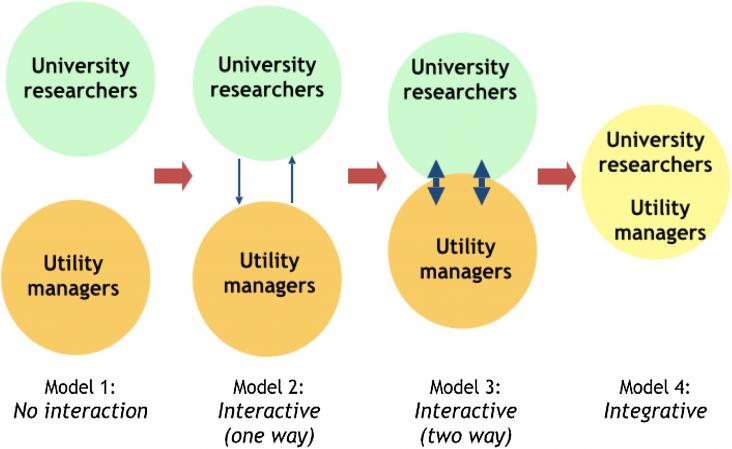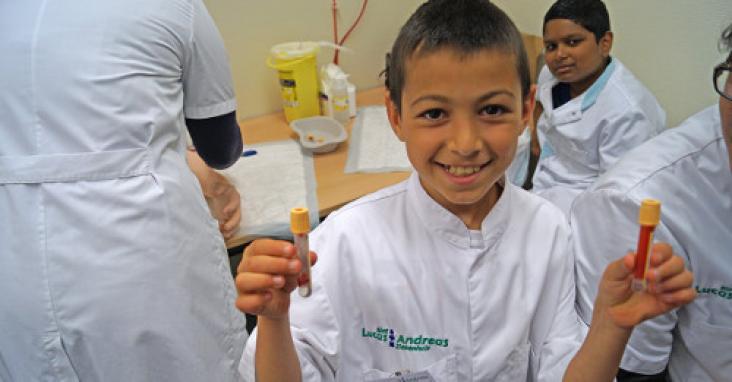The process of decision making can be critical in various ways. In particular, because it determines the path towards or away from sustainable development.
In February, 2016, WHO released a report for the development of national action plans to address the threat of antibiotic resistance, the catastrophic consequences of inaction, and the need for antibi

The Elsevier Foundation partners with Imperial College London to support a high-tech makerspace next to the college. The programme offers 14 to 18 year-olds from one of London's most disadvanataged communities the opportunity to enhance soft skills and engage with cutting-edge science, engineering and design through workshops, afterscool clubs, and mentoring. The maker challange programmes offer important enrichment to young people, who would not otherwise have this explosure, and further support both SDG 4 and SDG 17.
Linking to Goal 17, this handbook examines practical aspects and conceptual issues of international organizations and their relationship with nation-states and international authority.

In the face of intensifying stresses such as climate change, rapid urban population growth, land use change, and public concern with rates and use restrictions, water management is becoming increasing
Despite a significant increase in research and practise linking corporate social responsibility (CSR) and human resource management (HRM), a comprehensive examination of the relationship between th

The Elsevier Foundation partners with the IMC WeekendSchool in Amsterdam to supporting tech outreach through science, health and tech enrichment programs for under-served 10-14 years old. Aligning with SDG target 10, Quality Education, the partnership aims to help children get greater exposure to science education.
At the UN in New York the Open Working Group created by the UN General Assembly proposed a set of global Sustainable Development Goals (SDGs) which comprises 17 goals and 169 targets.
Sustainability transitions have been studied as complex multi-level processes, but we still know relatively little about how they can be effectively governed, especially in transnational domains.
Serious questions remain about the ability of NGOs to meet long-term transformative goals in their work for development and social justice.
